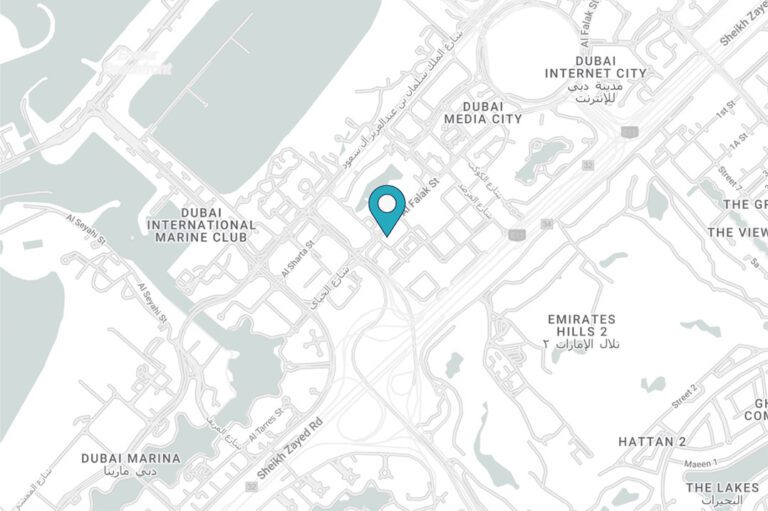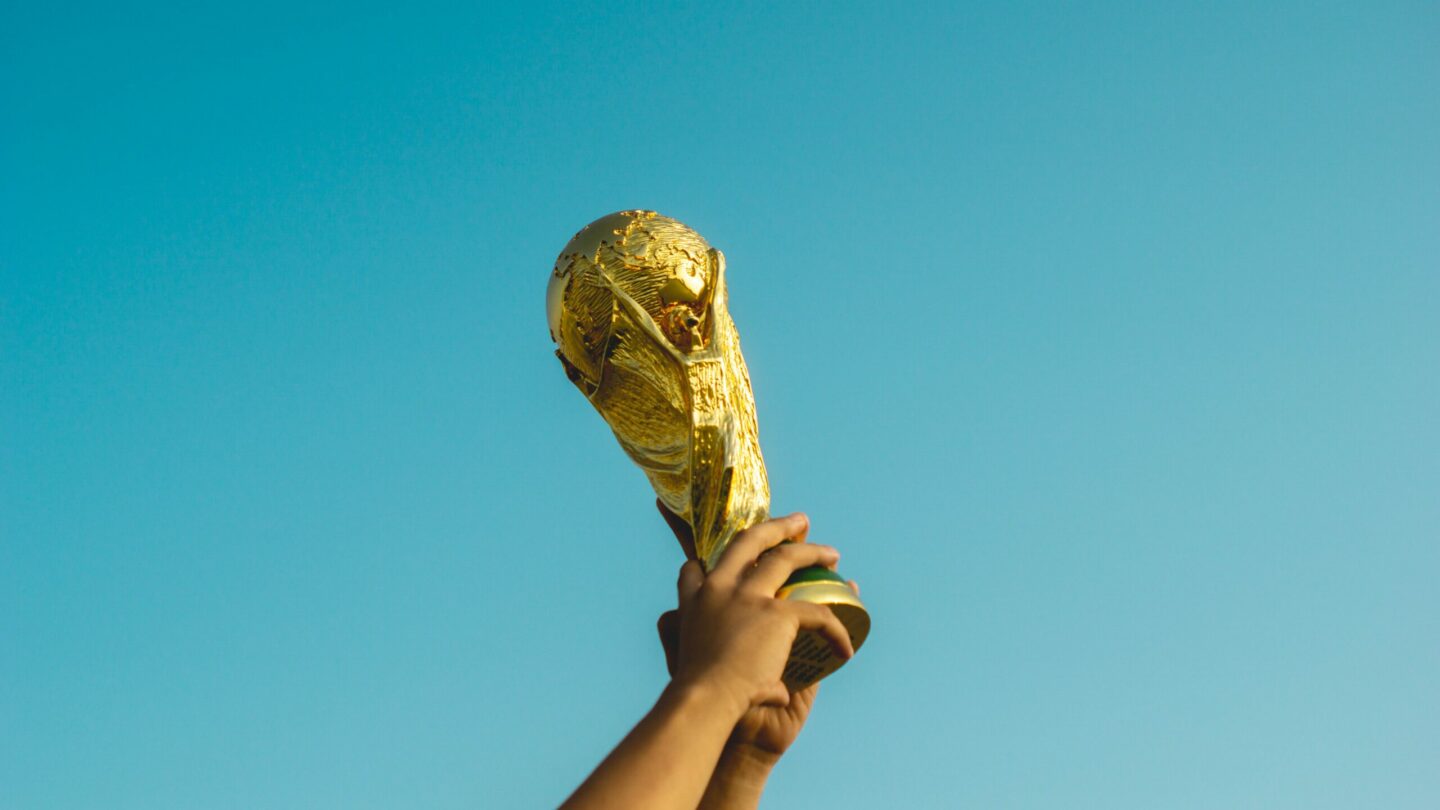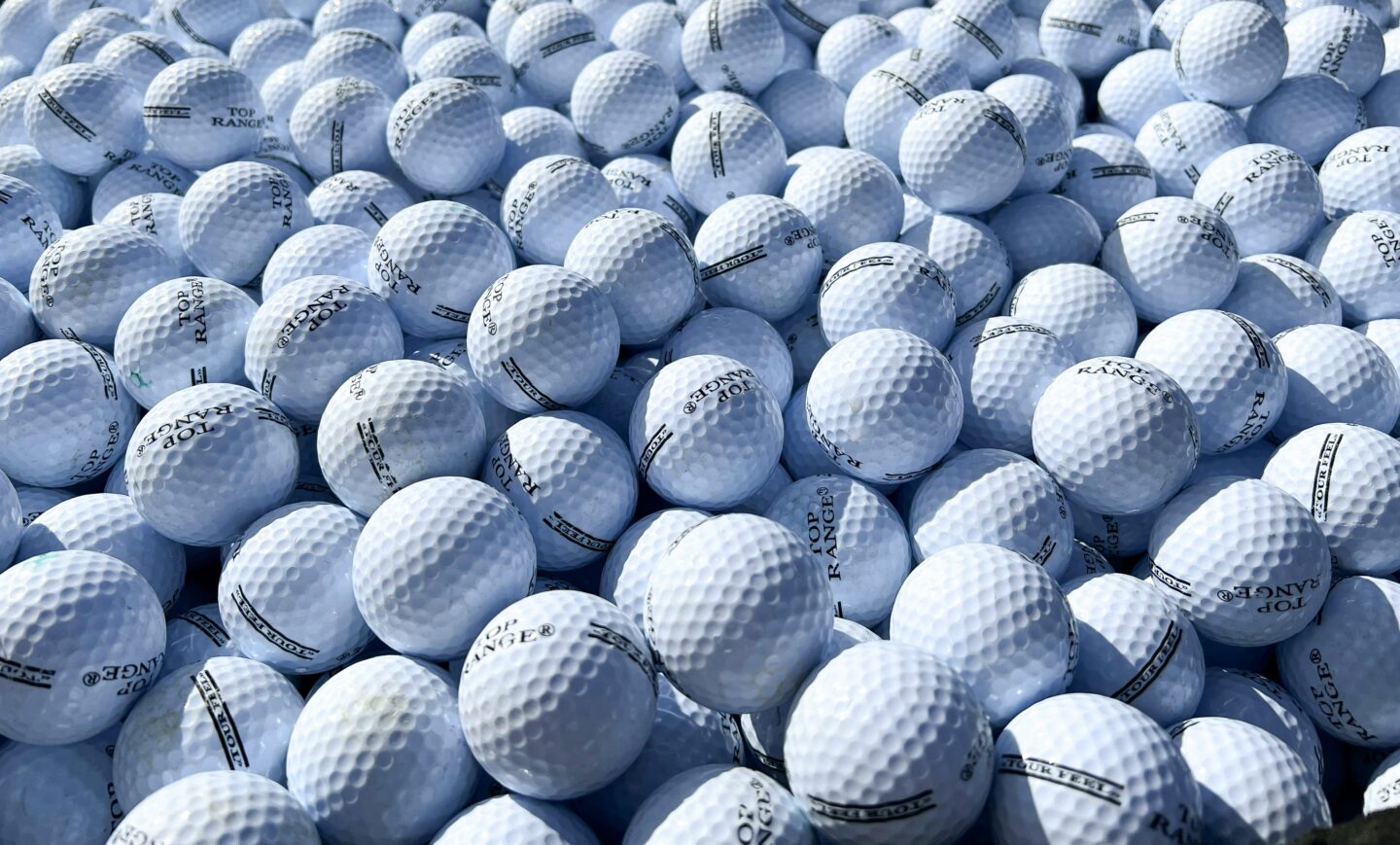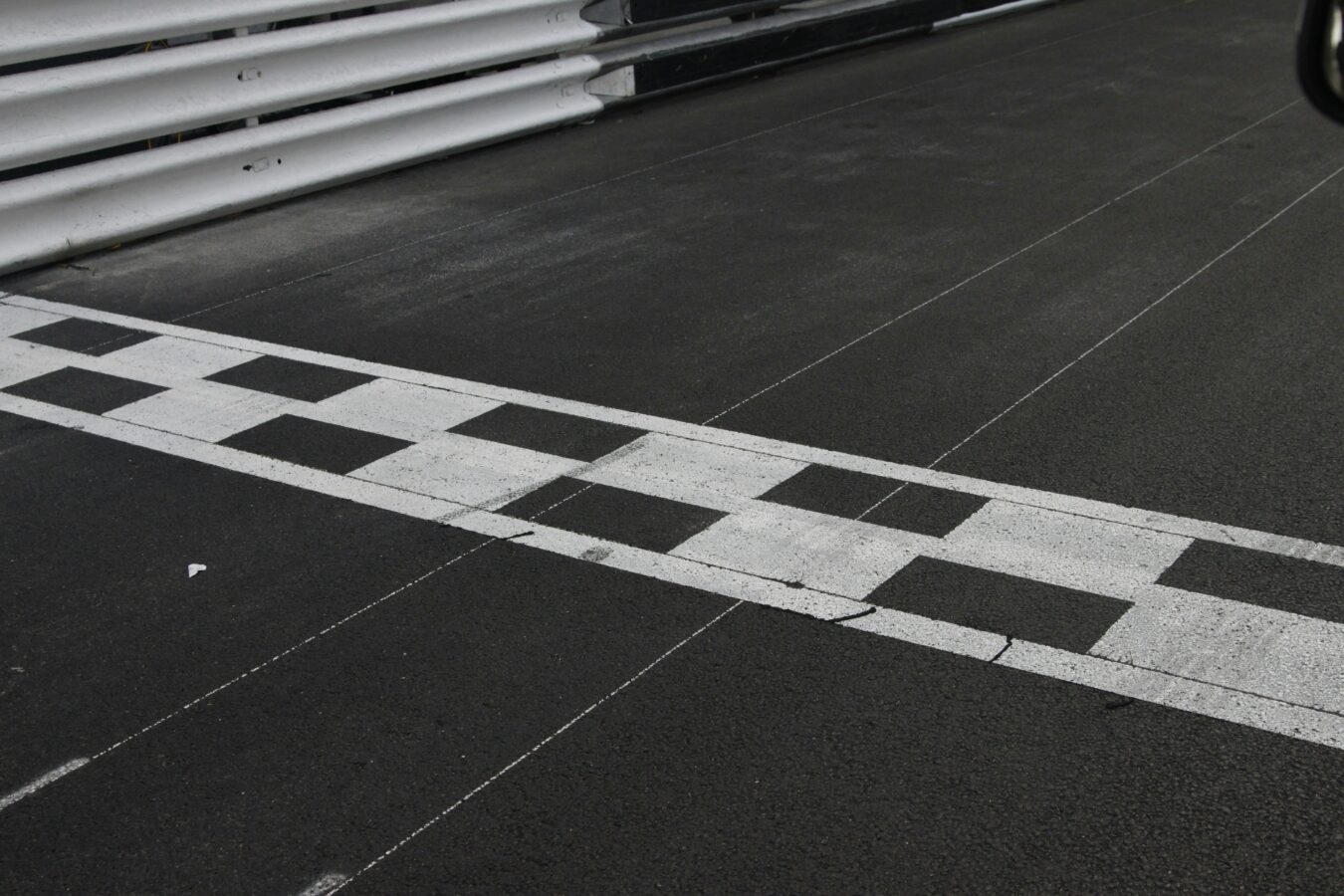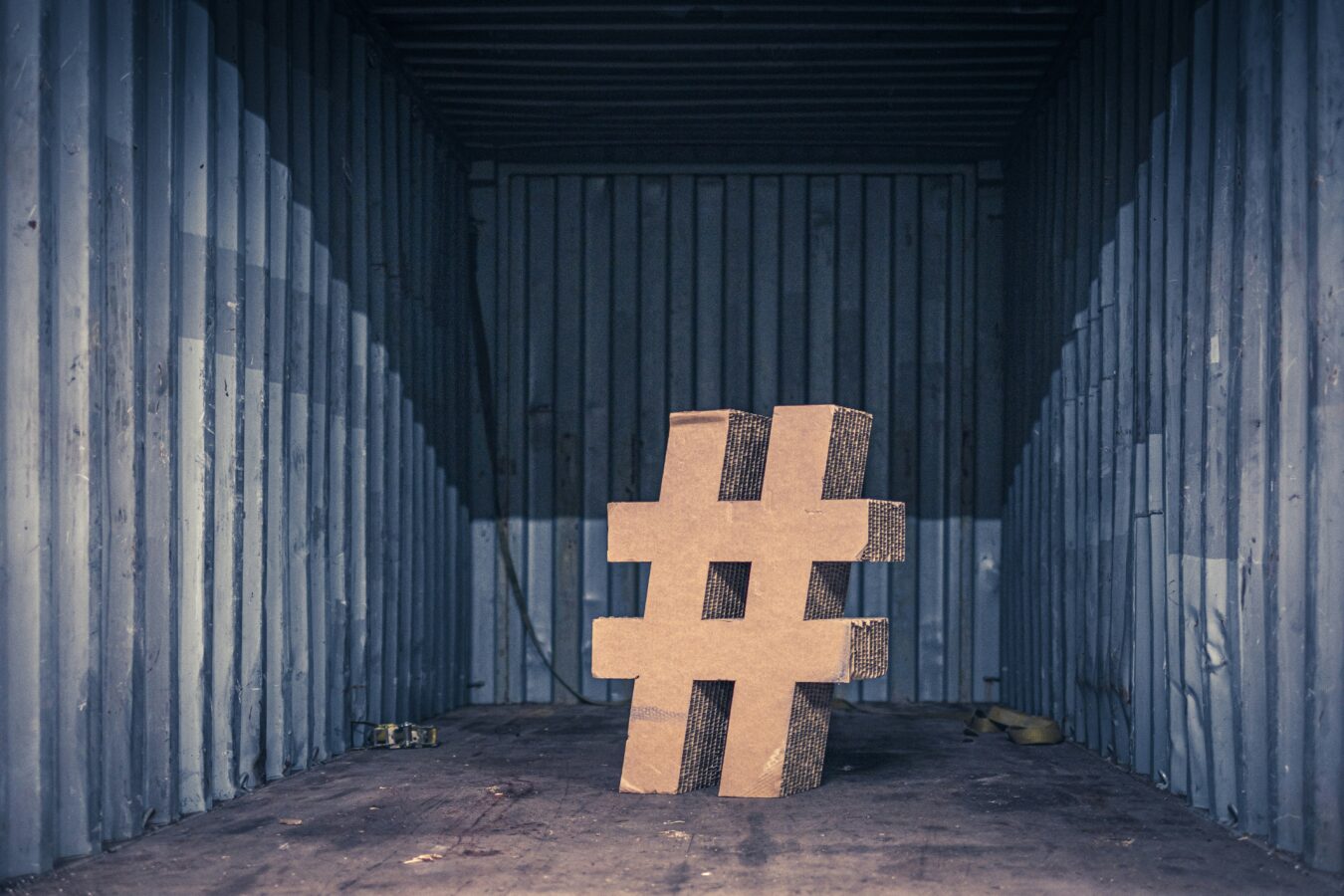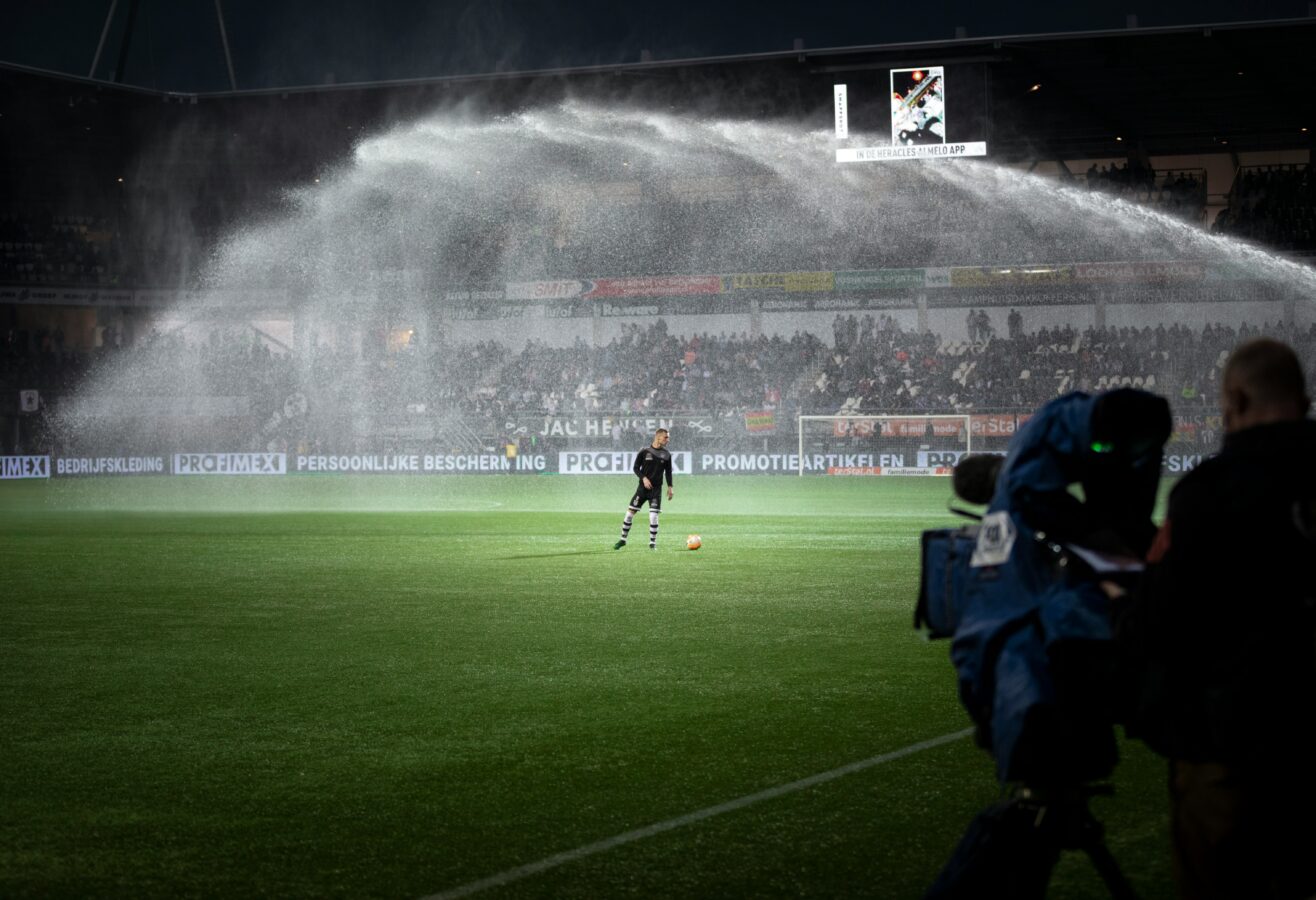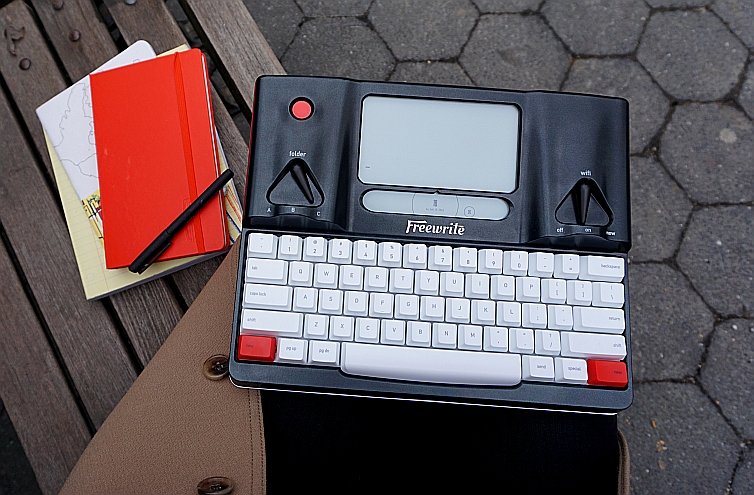The biggest stage in football is just days away as all attention turns to Qatar for what is set to be a competition like no other.
With over 3.5 billion people watching the 2018 edition in Russia, including 1.12 billion for the final match alone, the World Cup provides brands with an unrivalled platform for reaching an engaged global audience.
This year’s edition comes with some unchartered territory. It will be the first World Cup to be hosted in winter, providing brands with an interesting dynamic to their Christmas plans, but also comes with a controversial backstory as hosts Qatar come under scrutiny for its poor human rights record.
As we look forward to observing with intrigue how brands approach this unique World Cup through a PR lens, we’ve picked out some of our favourite brand and cause-related campaigns from recent competitions.
NCDV: The Not-So-Beautiful Game
During the 2018 World Cup, the National Centre for Domestic Violence (NCDV) launched ‘The Not-So-Beautiful Game’ with this powerful image, accompanied by the caption ‘If England get beaten, so will she’. Research from Lancaster University identified the horrifying statistics that reported incidences of domestic violence increased by 26% when England play and 38% if they lose. The campaign highlighted the shocking correlation that needs to be addressed with a thought-provoking asset which captured the conscience of the nation with very few words.
#PassTheHappiness
Cola-Cola, Walmart International and One World Play Project teamed up with Jason Derulo to donate 100,000 unpoppable footballs to teenagers in disadvantaged countries across the world. To participate, Coca-Cola customers simply had to register their product to donate each unpoppable One World Futbol. This purposeful campaign used the influence of football as a force for social good, inspiring community giving and highlighting the power of play for so many children.
Lucozade Sport – The Lionesses
Ahead of the 2019 Women’s World Cup in France, Lucozade re-wrote the famous anthem ‘Three Lions’, to galvanise the nation in support of the heroic Lionessess. The campaign also offered women 90,000 free football minutes nationwide through a partnership with Powerleague and Goals, inspiring the next generation to follow in the footsteps of their heroes.
Paul the Octopus
The unique tale of ‘Paul the Octopus’ captured the attention of the world in 2010 when the seemingly psychic sea creature correctly predicted all of Germany’s matches throughout the tournament. Sadly for his natives, that included the defeat to Spain in the final, but by that point, SEA LIFE Oberhausen had already been featured in media outlets in most countries across the world.
TFL – Southgate Tube Station
Simple but effective, this is a great example of how brands can create reactive campaigns off the back of the success (or in some cases failure) of the nation during a tournament. In partnership with Visa, TFL temporarily renamed Southgate Tube Station in honour of our waistcoat hero. Here’s to hoping there are plenty more like this in December.
Denmark’s ‘the colour of mourning’ kit
Our favourite of the 2022 World Cup so far, Denmark will wear an all-black kit created by Hummel in honour of the migrant workers who lost their lives during the construction work of the stadiums. Much of the conversation surrounding this World Cup has focussed on the issues of Qatar’s human rights record, and it will be interesting to see how brands approach this important topic throughout the tournament.
Photo by Fauzan Saari on Unsplash
